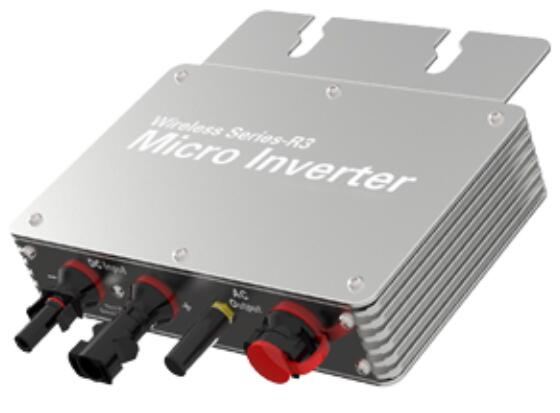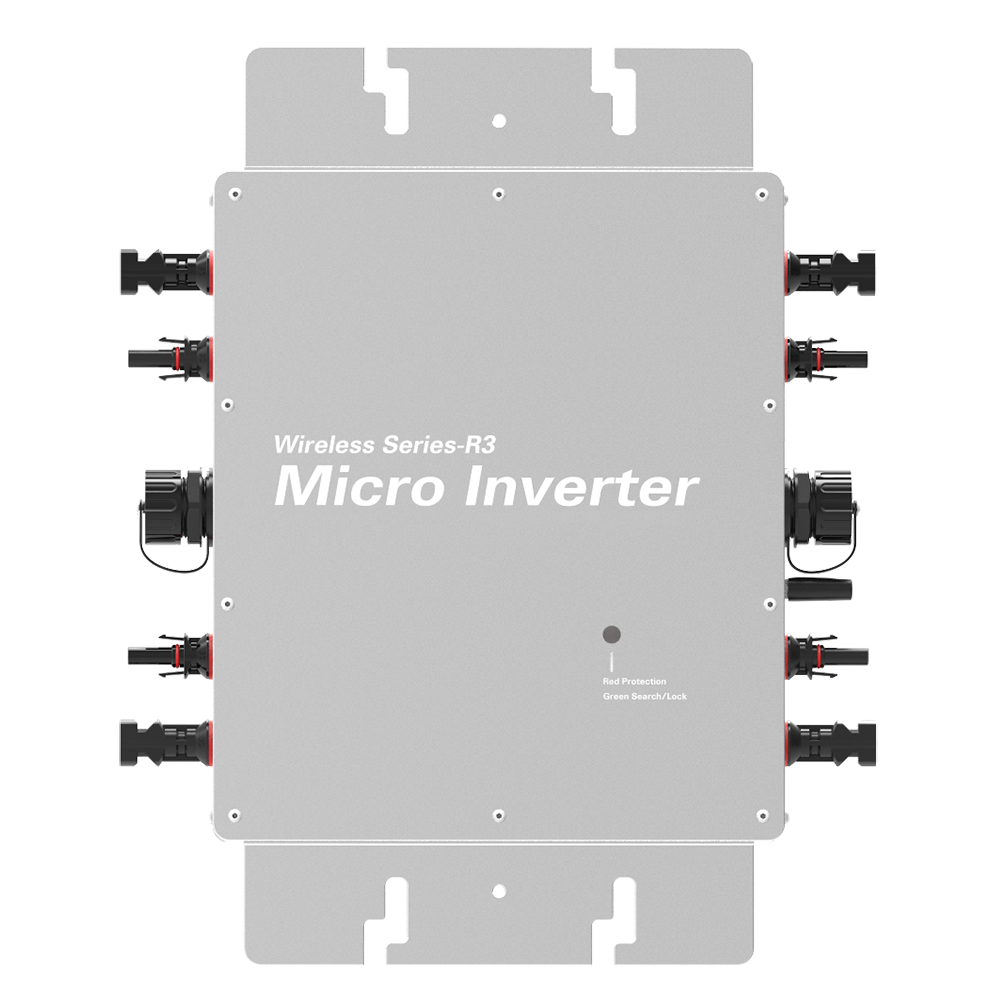Automated data collection refers to the process of gathering information from various sources automatically, without the need for human intervention. This can include collecting data from websites, databases, sensors, and other sources in real-time or at scheduled intervals.
One of the key advantages of automated data collection is its ability to streamline the data gathering process and eliminate the need for manual data entry. This not only saves time and resources but also reduces the risk of human error. Automated Data Collectors can also collect data from multiple sources simultaneously, providing a more comprehensive and accurate picture of the information being gathered.
There are various tools and technologies available for automated data collection, including web scraping tools, APIs, IoT devices, and data integration platforms. These tools can be customized to gather specific types of data and formats, allowing organizations to collect and analyze data that is most relevant to their needs.
Automated data collection is especially useful for businesses and organizations that deal with large volumes of data on a regular basis. By automating the data collection process, these organizations can free up resources to focus on more strategic tasks, such as data analysis and decision-making.
In addition to improving efficiency and accuracy, automated data collection can also provide organizations with a competitive advantage. By collecting data in real-time and analyzing it quickly, organizations can respond to market trends and customer preferences more effectively, resulting in better decision-making and improved business outcomes.
However, automated data collection also comes with its own set of challenges and considerations. Organizations must ensure that the data being collected is accurate, reliable, and complies with data privacy regulations. They must also consider the security implications of collecting and storing large amounts of data, as well as the potential impact on customer trust and reputation.
In conclusion, automated data collection is a valuable tool for organizations looking to streamline their data gathering process, improve efficiency, and gain a competitive edge. By leveraging the right tools and technologies, organizations can harness the power of automated data collection to make better-informed decisions and drive business success.




